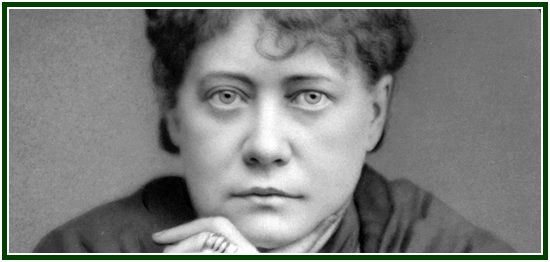
Each Instant Contains Eternity. The
Whole Cosmos Is Present in Every Atom.
Carlos Cardoso Aveline

The sensible pilgrim knows that the
whole Life is his teacher, and that his Teacher
speaks to him through every aspect of life.
* In the territory of noiselessness, sound is especially meaningful.
* On a blank page, every word counts. True insight is possible in the void of an open mind, for detachment is the basis of right perception. The cosmos needs no noise to teach us all we have to learn.
* Anyone who is in touch with his own immortal soul is also in touch with the best in all things. Such an individual knows how to avoid harmful factors or to say No to them, for he has discernment, common sense – and a little bit of courage.
* Some facts are hard to understand. For instance, through austerity, we find contentment. Through self-restraint, we achieve inner freedom. By being humble, we become morally great. With renunciation, one achieves plenitude. Voluntary simplicity is the source of happiness.
* The absence of selfish desire is an essential factor in the Journey. It increases one’s capacity to appreciate the natural beauty of life. It leads us to experience a silent, deep contentment in the face of everything around us.
* One must remember that each instant contains eternity. The whole cosmos is present in every atom.
The Right Relationship with Outer Reality
* Optimistic thinking does not depend on pleasant circumstances. It doesn’t come from easy victories. Optimistic thinking and feeling result from an inner contact with that which is good, which is ideal, true, and points to eternity.
* When new and better times come to us, they provoke several difficulties. There is not necessarily a lot of comfort when real progress takes place in one’s inner life. A degree of independence from circumstances is of the essence for the pilgrim who wants to move ahead.
* The right use of time is an art. It is also an essential part of the science that allows us to sow the seeds of a better future. Knowing something about the Law of Karma means to know the art of managing Time correctly – and of properly using our vital energies.
* By paying attention to the circumstances around, we can see what message life is trying to convey to us. It is not a message of attachment to personal comfort and routine.
* Circumstances are not the enemies of spiritual intuition, and it is often through them that Life gradually leads us to attain a wiser vision of reality. It is frequently necessary to resist circumstances, or even to directly challenge them. But in most situations it is better to take advantage of every factor in life, including those which are contrary to us.
* One must learn lessons from obstacles big and small. The sensible pilgrim knows that the whole Life is his teacher, and that his Teacher speaks to him through every aspect of life.
* St. Anthony of Lisbon and Padua highlights that fundamental principle of discipleship which is taught in Matthew, 5, 23-24: “…If you bring your gift to the altar, and there you remember that your brother has something against you, Leave your gift before the altar and go your way; first be reconciled with your brother, then come and offer your gift.”[1] The altar is the source of learning. One can only stand in the presence of the inner Source of wisdom if one is essentially in Peace with all beings.
NOTE:
[1] See the Complete Works, “Obras Completas”, St. António de Lisboa, in two volumes, Lello & Irmão Editores, Portugal, edition in Latin and Portuguese, 1987; vol. I, p. 692.
000
The article “Thoughts Along the Road – 73” was published as an independent item in the associated websites on 08 January 2024. An initial version of it is part of the August 2021 edition of “The Aquarian Theosophist”, pp. 12-13.
000
Print the texts you study from the websites of the Independent Lodge. Reading on paper helps us attain a deeper view of philosophical texts. When studying a printed text, the reader can underline sentences and make handwritten comments in the margins that link the ideas to his personal reality.
000
Read more:
* Other writings of Carlos Cardoso Aveline.
000

Helena Blavatsky (photo) wrote these words: “Deserve, then desire”.
000